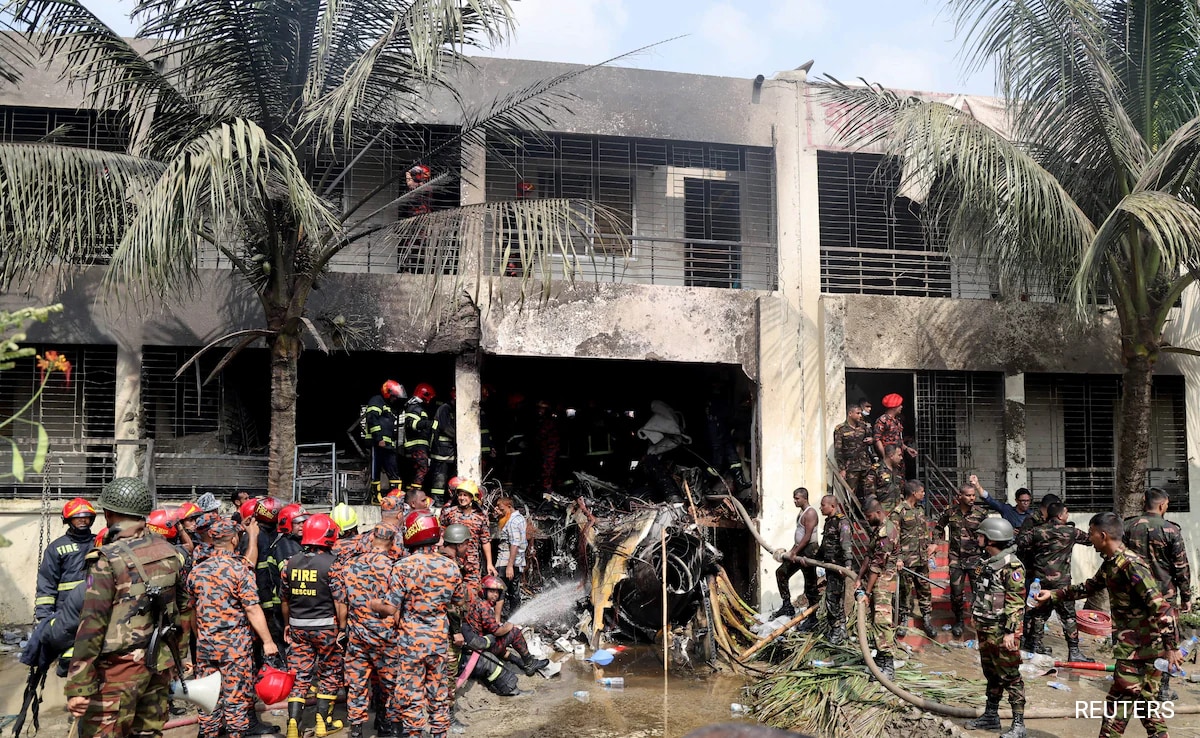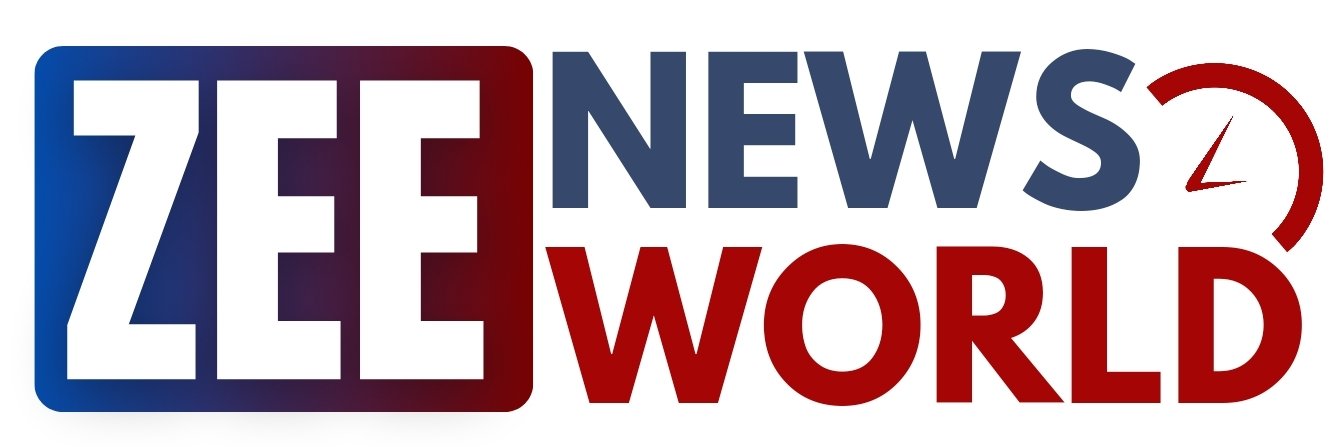Israel-Hamas War Causes Nearly 90% Drop In Gaza GDP: IMF
A year of conflict between Israel and Hamas has resulted in a "devastating impact on the economy" in the occupied West Bank and Gaza, the IMF said Thursday, including a nearly 90 percent drop in Gaza's GDP.

A year of conflict between Israel and Hamas has resulted in a "devastating impact on the economy" in the occupied West Bank and Gaza, the IMF said Thursday, including a nearly 90 percent drop in Gaza's GDP.
"Preliminary official estimates indicate an 86 percent decline in GDP in the first half of 2024" in Gaza, said International Monetary Fund communications chief Julie Kozack.
She added that Gaza's "civilian population faces dire socioeconomic conditions, a humanitarian crisis and insufficient aid delivery."
In the West Bank, "already grim prospects have further deteriorated, and preliminary official data indicate a 25 percent decline in GDP in the first half of 2024," Kozack told reporters at a regular briefing.
Israel has been at war in Gaza since Hamas's October 7 resulted in the deaths of 1,205 people in the country, mostly civilians, according to an AFP tally based on Israeli figures that include hostages killed in captivity.
Israel's retaliatory offensive in Gaza has killed at least 41,788 people, the majority of them civilians, according to figures provided by the Hamas-run territory's health ministry. The UN has described the figures as reliable.
Israeli economy also hit
Israel's economy has also been battered by the war, with three main ratings agencies downgrading its debt.
After shrinking by 21 percent in the fourth quarter of 2023, Israeli GDP rebounded by 14 percent in the first three months this year, official data showed.
But growth turned sluggish in the second quarter at 0.7 percent.
Kozack also noted that "in Lebanon, the recent intensification of the conflict is exacerbating the country's already fragile macroeconomic and social situation."
"We're closely monitoring the situation, and this is a situation of great concern and very high uncertainty," she added.
Hezbollah, an ally of Hamas, began exchanging cross-border fire from Lebanon with Israel after Hamas's October 7 attack. But the conflict has escalated after Israel announced this week that its troops had started "ground raids" into parts of southern Lebanon, after days of heavy bombardment of areas across the country where the group holds sway.
The bombing has killed more than 1,000 people, according to Lebanon's health ministry, and forced hundreds of thousands to flee their homes.
Hezbollah-backer Iran launched around 200 rockets in a direct missile attack on Israel on Tuesday, prompting Netanyahu to warn that Tehran would pay.
Iran said it was in retaliation for the killing of Hassan Nasrallah, the leader of Hezbollah, in a massive bombing in south Beirut.
US President Joe Biden said he was discussing possible Israeli strikes on Iranian oil facilities, in comments that sent oil prices spiking Thursday just a month before the US presidential election.
(Except for the headline, this story has not been edited by NDTV staff and is published from a syndicated feed.)
What's Your Reaction?











































